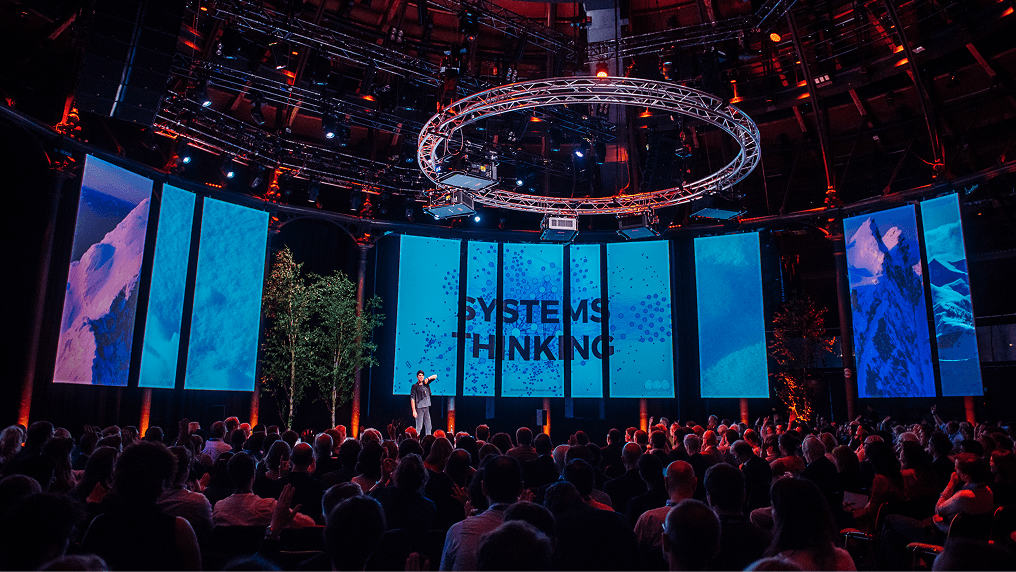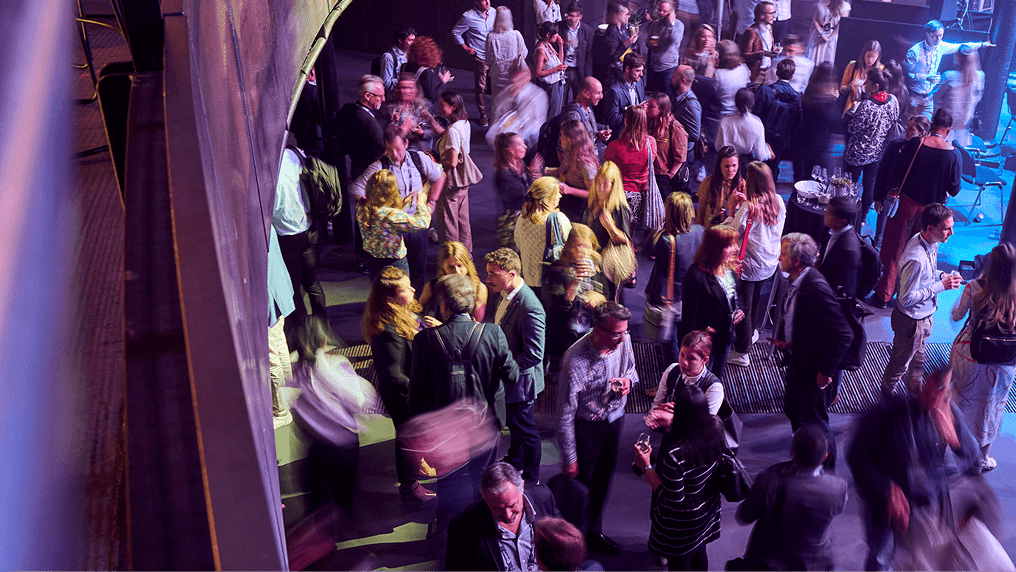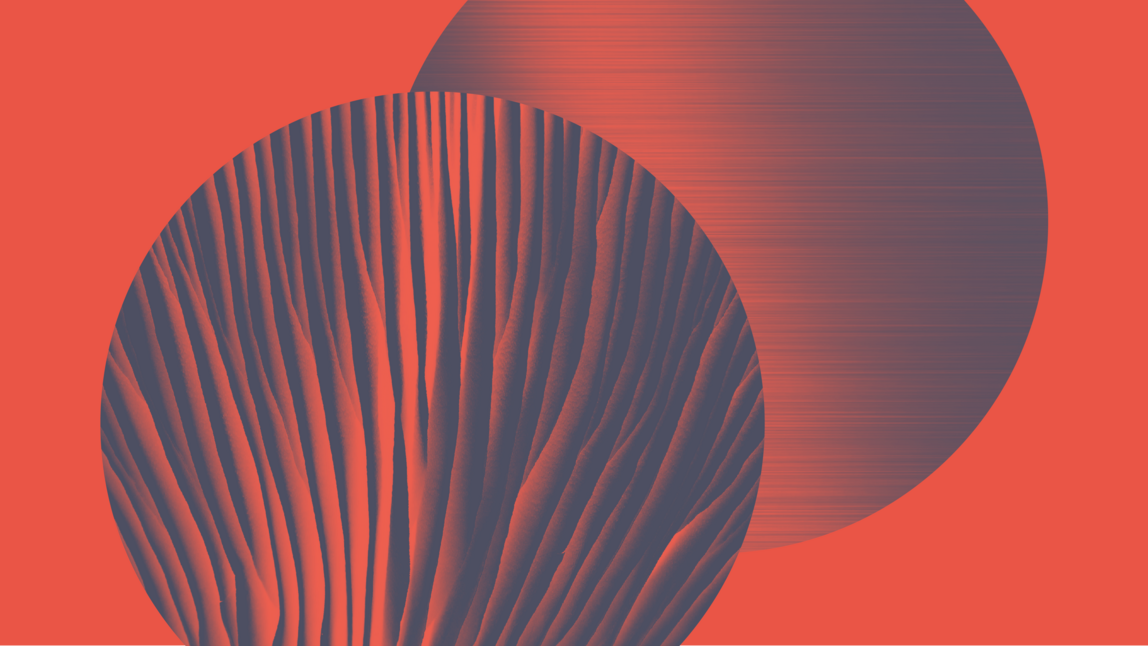Institution: Linköping University (LiU)
Location: Linköping, Sweden
Focus Area: The circular economycircular economyA systems solution framework that tackles global challenges like climate change, biodiversity loss, waste, and pollution. It is based on three principles, driven by design: eliminate waste and pollution, circulate products and materials (at their highest value), and regenerate nature. (CE) and eco-design, the product-service system (PSS), industrial symbiosis (IS), and landfill and urban mining. Expertise:Research: co-create, apply, and disseminate world-leading scientific knowledge relevant to societal challenges. Education: provide opportunities to learn state-of-the-art scientific and practical knowledge. Outreach: provide strategic and operational scientific-based support to policies and the development of sustainable solutions.
Key Projects (current/ongoing):
The Agtech 2030 initiative is a Vinnväxt programme of Vinnova that will help make Sweden the world leader in selected agricultural technology areas Find out more.
Over ten years, and with a budget of SEK 200 million, the aim of AgTech 2030 is to create and include innovations that generate significant technology, business, and competency development in addition to knowledge creation in agricultural technology. The focus is on new concepts based on sensors, digital technology, and mechanics, but also on new collaborations and business models. Agtech 2030 is hosted at Linköping University, and includes many organisations, such as the Östergötland Region, Hushållssällskapet, Vreta Kluster, and several machine/tractor companies, as well as high tech companies including SAAB.
Mistra REES, (now in Phase 2), is an eight-year-long, 160 MSEK research programme that gathers leading academic milieus, industrial companies, and societal actors to co-create knowledge on the design of products/services and business models as well as policy measures for resource-efficient and effective solutions (REES) based on circular economy thinking and to implement and test these in practice. The programme aims to deepen the understanding of the interrelations when providing REES between product and service design, business models, and policies, and to explore opportunities for the effective interplay between them. Mistra REES Phase 2 has been developed by researchers at Linköping University, Lund University, and the Chalmers University of Technology. The Mistra REES Phase 2 non-academic partners include ABB AB, Alimak Group AB, Attends Healthcare AB, Epiroc AB, Husqvarna AB, Stena Recycling AB, Teknikföretagen (the Association of Swedish Engineering Industries), Volvo Group AB, and Volvo Cars AB. For more information, see www.mistrarees.se
The Biogas Research Center is a trans-disciplinary competence centre where the co-production of knowledge is performed through collaboration between 20 biogas actors and 10 research groups at Linköping University, the Swedish University of Agricultural Sciences, and the Swedish Energy Agency. The aim of the research is to provide knowledge that facilitates a development where the potential of biogas solutions to improve societal resource efficiency is realised. The framing of the research involves two main areas: (i) sustainable cities and regions where biogas solutions form an integrated sustainability solution with global relevance including wastewater treatment, waste management, transport fuel, and nutrient recycling; and (ii) a sustainable bio-economy where network-based bio-refineries emanating from food, fuel, and forest industry more and more contain a biogas component for the valorisation, diversification, and improved resource efficiency of the system. Research approaches stretch from the development of anaerobic digestionanaerobic digestionMicrobial breakdown of organic matter in the absence of oxygen. processes by chemists, microbiologists, and biogas-producing companies, to systems-oriented research about the wider context of production and distribution systems, to sustainability social science research involving policy actors at different levels. For more information, see www.biogasresearchcenter.se.
IVIS 2 - The purpose of this 3-year project is to support and actively participate in the implementation of research results from circular economics, product-service systems, and eco-design research, into the new technical committee (ISO / TC 323 Circular Economy) on circular economics within ISO. Within this technical committee, various related standards will be developed. The purpose is also to support the development of this standard of basic definitions and description of the circular economy and a framework that facilitates business and other organisations to change and develop their business and business model. Furthermore, the goal is to stimulate the development of more resource- and energy-efficient solutions and products / services.
Public Procurement of Functions – A Stepping Stone Towards A More Sustainable Future – This trans-disciplinary, 6.5 Million SEK project draws together world-leading researchers from the Stockholm School of Economics (SSE) and Linköping University (LiU) in the areas of law, economic, social, and technology sciences. Aligned with our research question of how can functional selling (FS), i.e. more circular-focused business models, support more sustainable public procurement, this knowledge will contribute to advancing prosperity for citizens, companies, and societies and at the same time deal with the global issue of how to support sustainable growth and prosperity.
Circularis (Circular Economy through Innovating Design) - This project (2016-2020) aims to develop innovative support for Swedish manufacturers to design products/services for resource efficiency and sustainability through implementing circular product flows such as remanufacturing. The project has three types of deliverables. 1) Software, with lifecycle and sustainability focus, for designing product/service including calculation of lifecycle cost for them. 2) A guideline packaged with the software for designers regarding correlation between lifecycle cost driven designs and their impacts on environmental sustainability. 3) Three more sustainable solutions that are developed and offered to the markets individually by the partner manufacturers (SMEs). The software is built upon commercial software package by a partner of the project.
For more info:
CircEuit (Circular European Economy Innovative Training Network) – The goal of the project is to train 15 early researchers in the field of circular economy. Its mission is to develop a cohort of future leaders in research, policy, and business through an innovative training programme focused on an interdisciplinary approach to the circular economy. This will further develop this field and establish a network of young professionals who understand the multidisciplinary nature of this field. This will enable the implementation of scientific understanding into business and societal reality. This project (2016-2020) is funded under Marie Curie Training Networks, EU Horizon 2020. LiU is one of the seven academic partners.
For more info:
Applying recommendations from the lifecycle perspective to on-going R&D projects (2019-2021). Funded by Toyota Material Handling Group, who is a world-leading forklift truck manufacturer and a well-known re-manufacturer. This project applies concrete recommendations based on scientific insights to improve the company’s R&D process from the lifecycle perspective.
Key Projects (finalised):
Simon (New Application of AI for Services in Maintenance towards a Circular Economy) - This project (2017-2019) targeted maintenance as the major option for circular economy. It created an inventory of AI techniques for maintenance services (both a report in English and an easier-to-read version in Swedish), applied AI techniques (such as deep learning) to three industrial cases provided by three industry partners, and evaluated their economic and environmental implications in quantitative terms. The results of evaluation showed, e.g. the relevance of trade-off between maintenance frequency and resource efficiency of components.
For more info:
Analysing Resource Efficiency of Business Concepts – This project (2017-2018) was funded by BSH Hausgeräte GmbH. The goal of the project was to analyse resource efficiency of the company’s emerging business concept for household goods that builds upon circular flows in the product level
Analysis of Lifecycle Costs and Values to Improve Lifecycle Management (2014-2017). Funded by Toyota Material Handling Europe. This project analysed the costs and values of forklifts with product-sales contracts and leasing contracts, and arrived at recommendations for improvement from the lifecycle perspective
Connect with:
Professor Mattias Lindahl, Program Director for Mistra REES,
Mattias.Lindahl@liu.se
Find out more:
Linköping University (LiU) features in the global top 400 of the QS World University Rankings (2020) and ranked among the world's top 30 young universities in the QS Top 50 Under 50 (2020).
LiU is known for having a strong dialogue with the surrounding business sphere and the community at large in order to build a better, more sustainable world. LiU has close collaboration with industry and academia on the regional, national, and global levels, along with an overall ambition to contribute towards a more sustainable society. In the areas of the circular economy, eco-design, the product-service system (PSS), industrial symbiosis (IS), and landfill and urban mining, LiU has held a strong position for many years, both regarding research and education.






